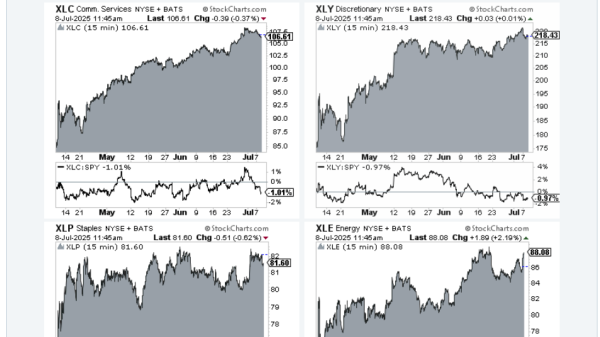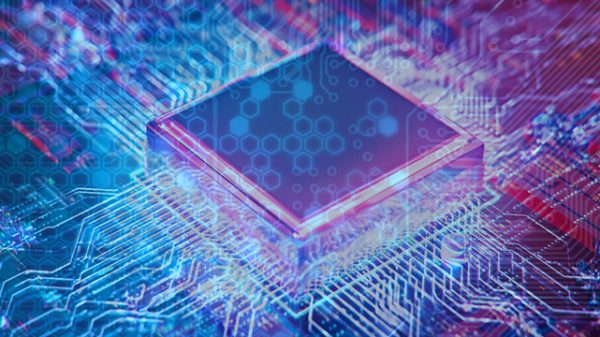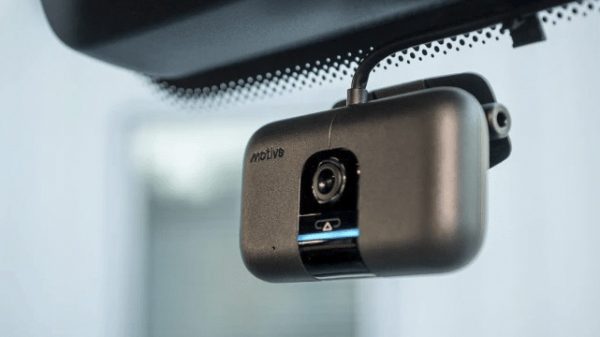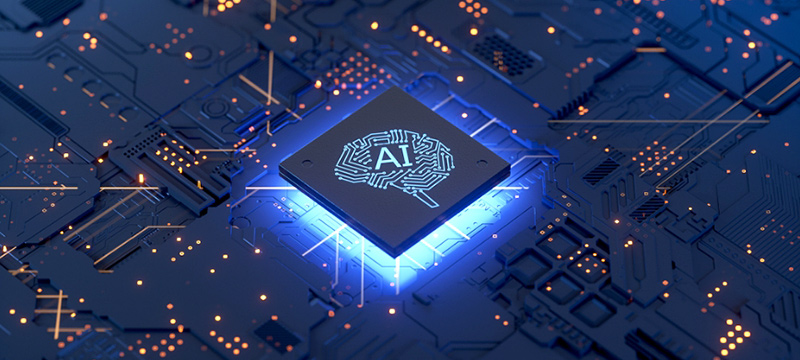News highlights:
New Arm Cortex-M52 is the smallest, most area- and cost-efficient processor enabled with Arm Helium technology, delivering enhanced AI capabilities for lower cost IoT devices Provides the flexibility to scale across a range of performance points and configurations, delivering DSP capabilities without a separate unit to save on area and cost Simplified development flows bring AI within reach on a single toolchain and single proven architectureGenerative Artificial Intelligence (AI) and Large Language Models (LLMs) are grabbing headlines, but many don’t realize how much AI is already deployed in embedded devices and impacting applications across our homes, cities and in industry – this is referred to as the Artificial Intelligence of Things (AIoT), and it’s being built on Arm. AI is critical to understanding data and enabling more seamless interactions between the physical and digital world. As this technology advances, on-device intelligence is being deployed in smaller, more cost-sensitive and often battery powered devices at the lowest cost points, with greater privacy and reliability due to less reliance on the cloud.
As AI-enabled IoT shipments continue to increase, our partners need access to more ML (Machine Learning) capabilities and simpler development flows, giving them the agility to innovate and scale quickly. To address these requirements, today we are announcing the Arm Cortex-M52, designed for AIoT applications that require a boost in digital signal processing (DSP) and ML performance without the cost overhead of dedicated DSP and ML accelerators. Cortex-M52 will unlock the potential for delivering ML on embedded computing solutions at lower price points than is possible today.
Bringing AI capabilities to a broader range of IoT devices
The Cortex-M52 includes Arm Helium technology, providing a significant performance uplift in DSP and ML applications for small, low power embedded devices, making it possible to deploy more compute intensive ML inference algorithms in endpoints without a dedicated NPU. Helium technology has already been implemented successfully in products at the far edge of the network, but the Cortex-M52 now enables Arm partners to take this capability into lower cost more power constrained devices.
By extending Helium technology into a new class of Cortex-M, Arm is delivering a step change in matrix and DSP compute on microcontrollers for smaller embedded devices. The Cortex-M52 provides a simplified migration path from the Cortex-M33 and Cortex-M4, addressing a wide range of AIoT applications to enable richer UI, voice and vision experiences, such as automotive and industrial control, predictive maintenance, and wearable sensor fusion. Cortex-M52 delivers the flexibility needed to scale across a range of performance points and configurations, providing DSP capabilities without a separate processing unit, saving on silicon area and cost.
Providing optimal performance and cost choice with robust safety and security
Cortex-M52 extends the Armv8.1-M Cortex-M line-up (which includes the Cortex-M55 and Cortex-M85) to a new efficiency point, a critical milestone in bringing ML capabilities to microcontrollers. It provides the lowest area and power implementation of any Helium-enabled Cortex-M, offering choice to silicon partners looking to trade-off performance and cost. Developers can benefit from an uplift in bothML and DSP performance, with up to 5.6x performance uplift for ML and up to 2.7x performance uplift for digital signal processing compared to previous Cortex-M generations.
Security remains critical in devices, especially when shipping at large scale, and Cortex-M52 implements the latest security extensions for Armv8.1-M, including PACBTI and Arm TrustZone technology, which offers enhanced software threat mitigation. In addition, Cortex-M52 will accelerate the route to PSA Certified Level 2 silicon, enabling the next generation of PSA Certified devices. The latest Armv8.1-M cores (including Cortex-M55 and Cortex-M85) also offer enhanced functional safety features that are crucial in many automotive and industrial control applications. The Cortex-M52 delivers these extended safety packages and features to help partners reach FuSa certification faster and more easily, compared to previous generation Cortex-Ms being deployed in these applications.
Simplifying AI development for the smallest endpoint devices
Traditional embedded developers grapple with the mathematical, data analysis, toolchain expertise and programming skills required for AI. Developer enablement is critical if we are to see an increase in AIoT shipments, and with the Cortex-M52 we’re delivering the critical features and capabilities required in a modern development flow today.
Historically, to achieve the ML and DSP performance Cortex-M52 delivers would have required the combination of a CPU, a DSP and an NPU, meaning that once the hardware is built, developers would need to write, debug and tune code for chips with three separate tool chains, three compilers, three debuggers, and so on. Now, we are bringing AI within reach on a single toolchain and single proven architecture with the industry-standard, user-friendly Arm Cortex-M portfolio. This ensures a unified development flow for traditional, DSP and ML workloads – while specific integration and optimizations for leading machine learning frameworks will ensure that developers have a seamless experience and get the best performance from any Cortex-M.
Cortex-M52 is fully software compatible with Cortex-M55 and Cortex-M85, enabling developers to benefit from and leverage the growing software and tools ecosystem around Helium, as well as free software libraries and an extensive knowledge base from our partner ecosystem. To help streamline and accelerate the IoT and embedded development process, Cortex-M52 will also be available on Arm Virtual Hardware, our cloud-based offering that enables software development in advance of silicon.
Deploying AI across the full spectrum of AIoT use cases, built on Arm
The AIoT runs on Arm and together with our partners, we identified a need to bring DSP and ML compute performance to low power embedded applications at a better cost and accessibility point for the market. The Cortex-M52 CPU delivers higher levels of AI inference performance on the smallest devices, enabling the industry to scale IoT device deployments even further.
The post Arm extends Cortex-M portfolio to bring AI to the smallest endpoint devices appeared first on IoT Business News.























